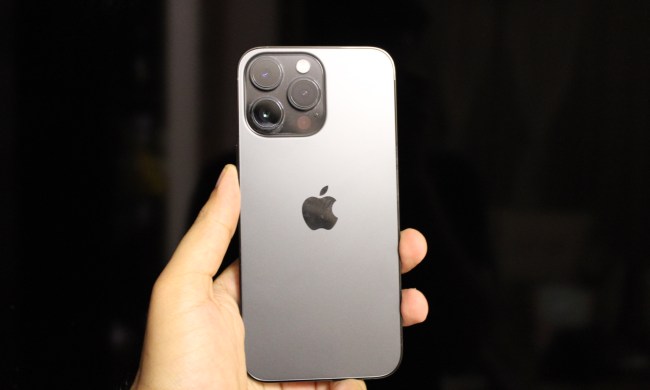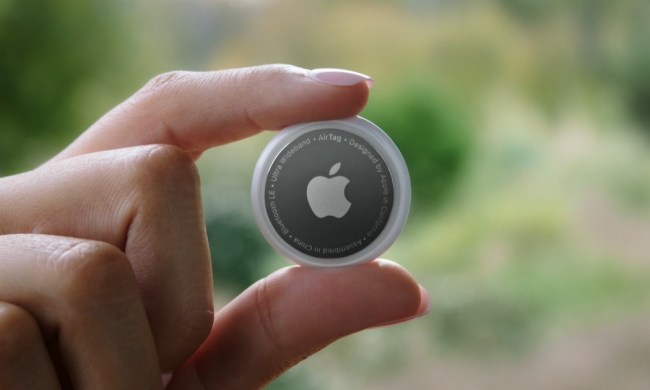
So what is the unnamed device? Well, good question. The Cupertino, California-based company requested confidentiality for most of the documents in the filing, meaning that pretty much all we know is that a device exists. We do also know that the device has Bluetooth LE and NFC — but that is it. The model numbers included don’t allude to any other Apple devices already on offer.
When the first filing was found, some speculated that it could relate to a new Apple TV — but the wiring guide included with the filing suggests that may not be the case. As MacRumors notes, it is perhaps more likely that the device is for internal use only, like iBeacon, which is used by Apple to communicate with OS devices. That, however, does not explain why it would want to keep the new product secretive.
It’s likely it will remain a mystery what the new device is until it is released and if it is for internal use we may never actually discover what Apple is putting together here. Still, we can dream — perhaps it is a Siri-enabled smart speaker. Or, could it be a new Wi-Fi router? Who knows, it could also represent a new attempt at entering the smart home world.
To see the mysterious listing for yourself, head over to the FCC website — although don’t expect to find out much about what could be an interesting new product.



